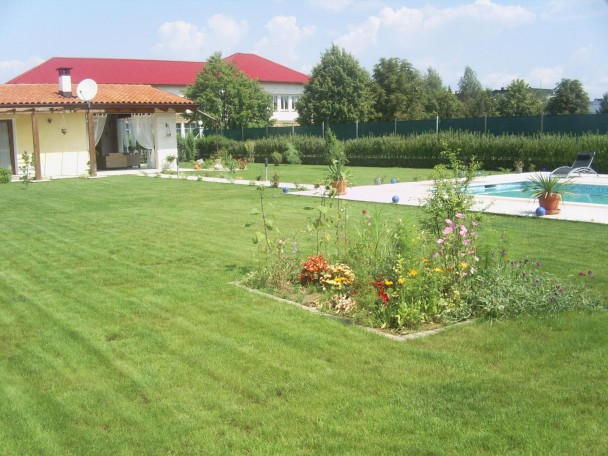Bulgarian Residency for Tax Purposes
- on 09.28.11
- Bulgarian properties articles
- No Comments
The biggest single factor in determining how you will be treated by the tax authorities in any country is whether you are resident in the country for tax purposes. This concept of tax residence causes a great deal of confusion and can have different meanings in different countries.
Let us first look at what it does not mean. It is nothing to do with whether you have registered as a resident in a country or whether you have obtained a residence permit. Nor does it have anything to do with whether you have a home (residence) in that country – although a person who is tax resident will normally have a home there.

Tax residence is a question of fact. The law lays down certain tests that will be used to decide whether you are tax resident or not. If you fall into the categories stipulated in the tests, then you will be considered tax resident whether you want to be or not, and whether it was your intention to be tax resident or not.
It is your responsibility, if required, to make your tax declarations each year. The decision as to whether you fall into the category of resident is, in the first instance, made by the tax office. If you disagree, you can appeal through the courts. Because people normally change their tax residence when they move from one country to another, the basis on which decisions are made tends to be regulated by international law and to be reasonably, but not totally, consistent from country to country.
You will have to consider two different questions concerning tax residence:
β’ Whether you will be treated as tax resident in the UK.
β’ Whether you will be treated as tax resident in Bulgaria.
Tax Residence in the UK
There are some basic points of UK taxation law that you should understand in order for an explanation of Bulgarian taxation to make any sense. In the UK there are two tests that will help determine where you pay tax. They assess your domicile and your residence.
Your domicile is the place that is your real home, the place where you have your roots. For most people it is the place where they were born. Changes in domicile can have far-reaching tax consequences and can be a useful tax reduction tool. If you move permanently to Bulgaria, when dealing with the UK authorities you should indicate that Bulgaria isyour new home and they should consider you as not domiciled in the UK any more.
Residence falls into two categories. There is a test of simple residence – actually living in a country permanently rather than temporarily – and of ordinary residence. A person will generally be treated as resident in the UK if he or she spends 183 or more days per year in the UK. A visitor will also be treated as resident if he or she comes to the UK regularly and spends significant time here. If he or she spends, on average over a period of four or more years, 91 or more days per year here, he or she will be treated as tax resident. A person is ordinarily resident in the UK if his or her presence is a little more settled. The residence is an important part of his or her life. It will normally have gone on for some time. A person can continue to be ordinarily resident in the UK even after he or she has stopped actually being resident here.
The most important thing to understand is that, once you have been ordinarily resident in this country, the simple fact of going overseas will not automatically bring that residence to an end. If you leave this country in order to take up permanent residence elsewhere then, by concession, the Inland Revenue will treat you as ceasing to the resident on the day following your departure. But they will not treat you as ceasing to be ordinarily resident if, after leaving, you spend an average of 91 or more days per year in this country over any four-year period. In other words, they don’t want you to escape too easily!
Until 1993 you were also classified as ordinarily resident in the UK if you had accommodation available for your use in the UK even if you had spent 364 days of the year living abroad. This very unfair rule was cancelled, but many people still worry about it. It is not necessary to do so, provided you limit your visits to the UK to fewer than the 91 days referred to above.




Leave a Reply
You must be logged in to post a comment.